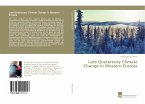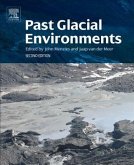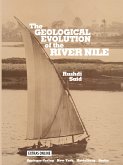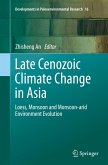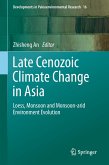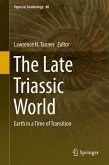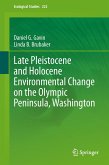Throughout the last 65 Ma the global climate got cooler. The Late Miocene (11 to 7 Ma) belongs to the late phase of global cooling, but it was still warmer and more humid than today. Although the Alps just started to form and the uplift of the Tibetan Plateau still continued, the continent configuration in the Miocene was largely comparable to the modern situation. The palaeovegetation was characterised by a generally larger forest cover and less deserts than today. The fossil record provides good insights into the Miocene climate situation, but the understanding of the driving climate processes is not complete. Therefore, a climate model is applied to the Late Miocene addressing especially the role of vegetation. The Miocene climate model experiments demonstrate that the palaeovegetation is important to understand why particularly higher latitudes were warm in the Miocene. In contrast to the modern tundra or polar desert, Miocene boreal forests contribute to a warming of higher latitudes. Climate model results agree fairly well with proxy-based climate reconstructions, but some discrepancies suggest that further studies are necessary.
Bitte wählen Sie Ihr Anliegen aus.
Rechnungen
Retourenschein anfordern
Bestellstatus
Storno


